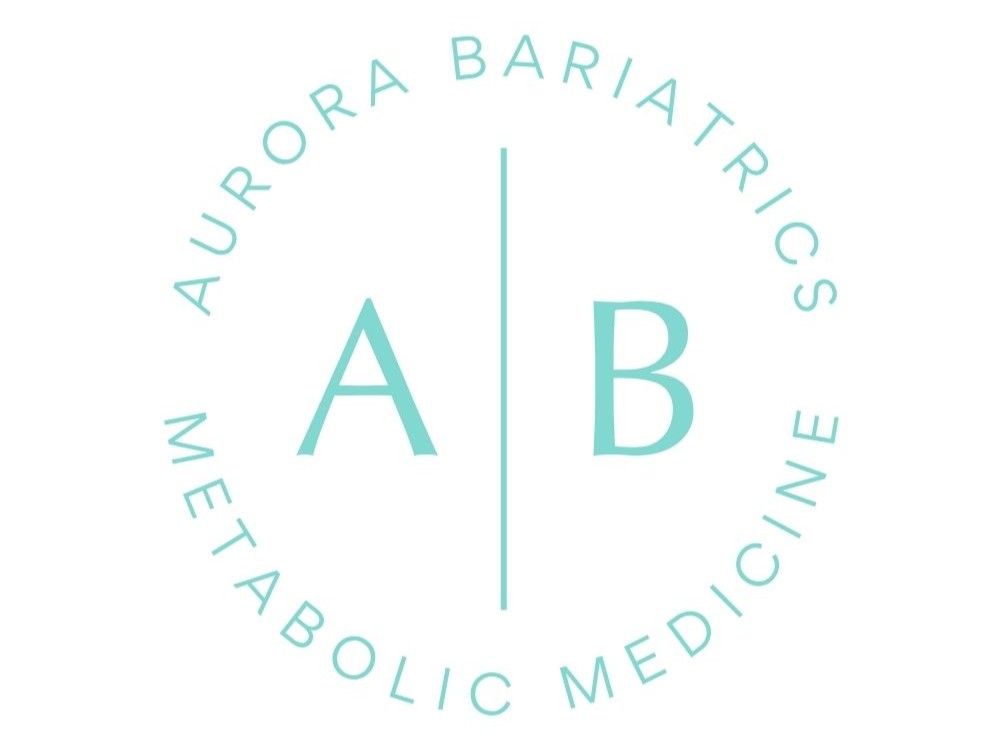
How Metabolic Surgery Improves Women’s Heart and Hormone Health
In recent years, weight-loss medications have changed how we think about managing obesity. But while these medications can be effective tools, their benefits often depend on continuous use. For many women, especially those navigating hormonal changes or chronic conditions, the real long-term improvements in health come from addressing the root cause — metabolism.
That’s where metabolic surgery comes in.
Understanding the Link Between Metabolism and Heart Health
Your metabolism isn’t just about weight — it’s how your body processes food, stores energy, and regulates hormones.
When metabolism slows or becomes unbalanced, it can lead to:
- Insulin resistance (where your body doesn’t respond to insulin properly)
- High cholesterol or triglycerides
- High blood pressure
- Visceral fat (fat stored around vital organs)
These factors don’t just make weight loss harder — they directly affect heart health.
Women, particularly through perimenopause and menopause, experience natural hormonal shifts that increase insulin resistance and fat storage around the abdomen — two major risk factors for heart disease.
How Weight-Loss Medications Help (and Where They Fall Short)
Weight-loss medications work by mimicking hormones that control appetite and blood sugar. They help reduce hunger and improve short-term glucose control, which can lead to initial weight loss and metabolic improvements.
But the key phrase is
short-term.
When medication is stopped:
- Hunger and cravings often return.
- Weight regain is common.
- Metabolic markers (like blood sugar and cholesterol) can drift back to pre-treatment levels.
That’s because medications don’t permanently change how the body processes energy — they help manage symptoms, not reset the system.
How Metabolic Surgery Creates Lasting Change
Metabolic surgery (also known as bariatric surgery) works differently.
Beyond reducing the size of the stomach, it changes how hormones and metabolism function.
Here’s how it benefits the body long-term:
- Resets hunger and fullness hormones
Surgery reduces ghrelin (the hunger hormone) and enhances GLP-1, improving satiety (the feeling of being full) and blood sugar control. - Improves insulin sensitivity
The body becomes more efficient at using insulin, reducing blood sugar levels and lowering the risk of Type 2 diabetes. - Reduces inflammation and fat around organs
Visceral fat is one of the biggest contributors to heart disease — and metabolic surgery significantly reduces it. - Lowers blood pressure and cholesterol
Many patients see rapid improvements in heart-related markers, even before major weight loss occurs. - Supports hormonal balance
For women with PCOS or those in perimenopause, better metabolic function can help stabilise cycles, energy, and mood.
These changes make metabolic surgery not just a weight-loss procedure — but a heart-health intervention and a metabolic reset.
Why Women in Midlife Benefit Most
Women between 30–60 often face the combined effects of hormonal change, family stress, and metabolic slowdown.
While medication may help jumpstart progress, surgery offers a sustainable solution — especially for those dealing with:
- Insulin resistance or prediabetes
- PCOS or hormonal weight gain
- Perimenopausal weight changes
- Cardiovascular risk factors
By restoring metabolic health, surgery helps improve long-term outcomes — not only for weight, but for heart health, energy, and overall wellbeing.
The Takeaway
Weight-loss medications can play an important role in treatment — but they’re often a
bridge, not the
destination.
For many women,
metabolic surgery provides the long-term stability that medication alone cannot:
- Permanent changes to metabolism
- Reduced heart and metabolic risks
- Improved hormonal and overall health
💜 At Aurora Bariatrics, we combine medical, surgical, and metabolic care to create a treatment plan that evolves with you — helping women protect their heart, hormones, and long-term health at every stage of life.
👉 If you’re ready to explore your options, book a consultation with our team today.
Social media post:
Your heart, hormones, and metabolism are more connected than you think.
Many women use weight-loss medications to manage weight and blood sugar — but what happens when the medication stops? The truth is, long-term heart and metabolic health need more than short-term fixes.
Metabolic surgery helps reset how your body processes food, balances hormones, and protects your heart for the long run.
It’s not just about losing weight — it’s about restoring balance and lasting health.
💜 Read the full article: How Metabolic Surgery Supports Heart Health and Women’s Health here: https://www.aurorabariatrics.com.au/blog


